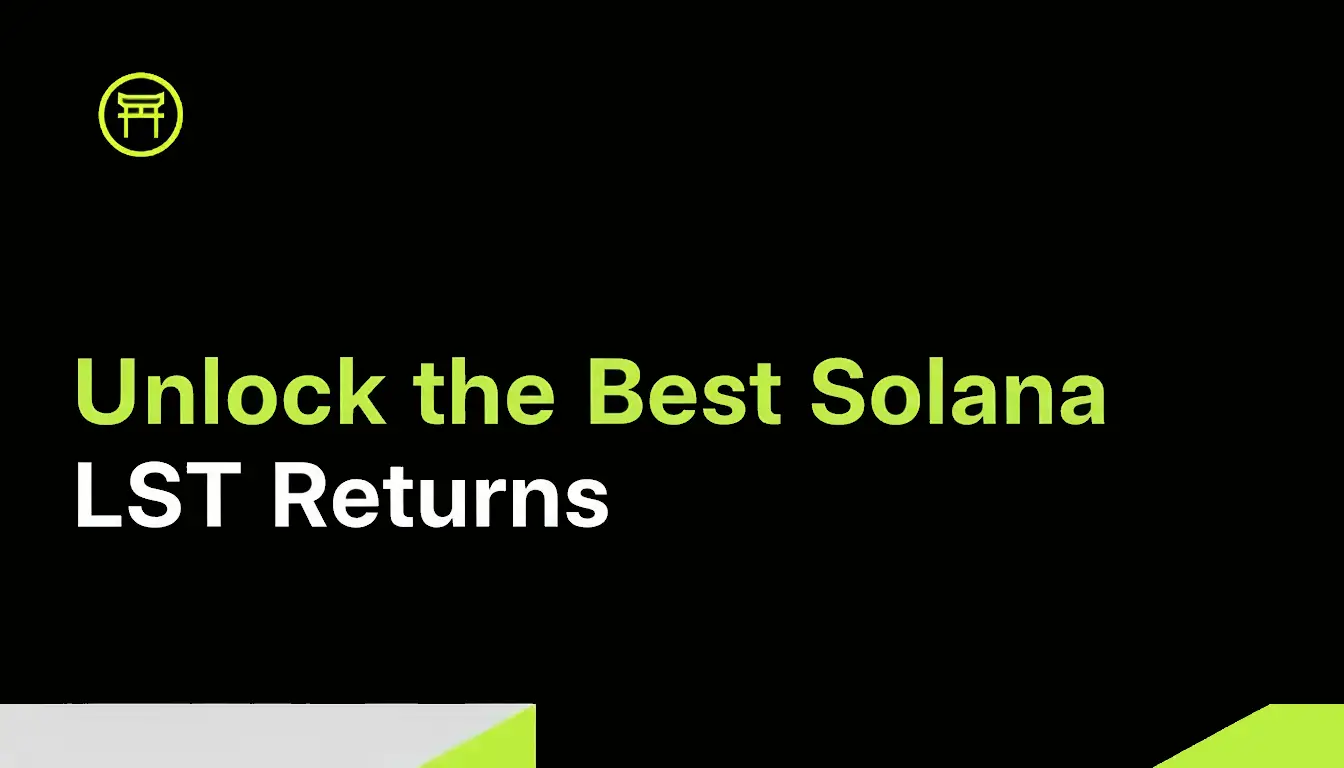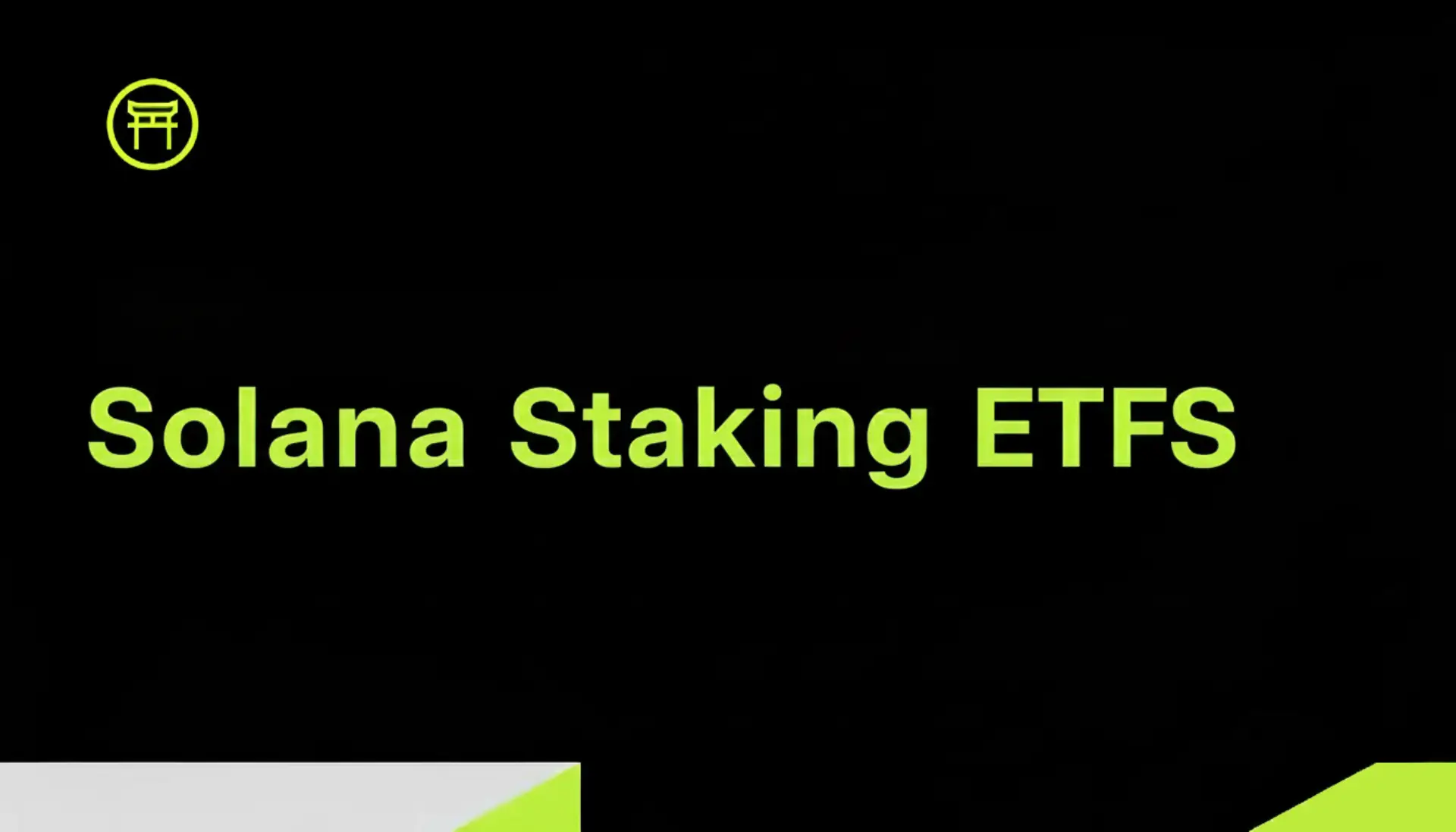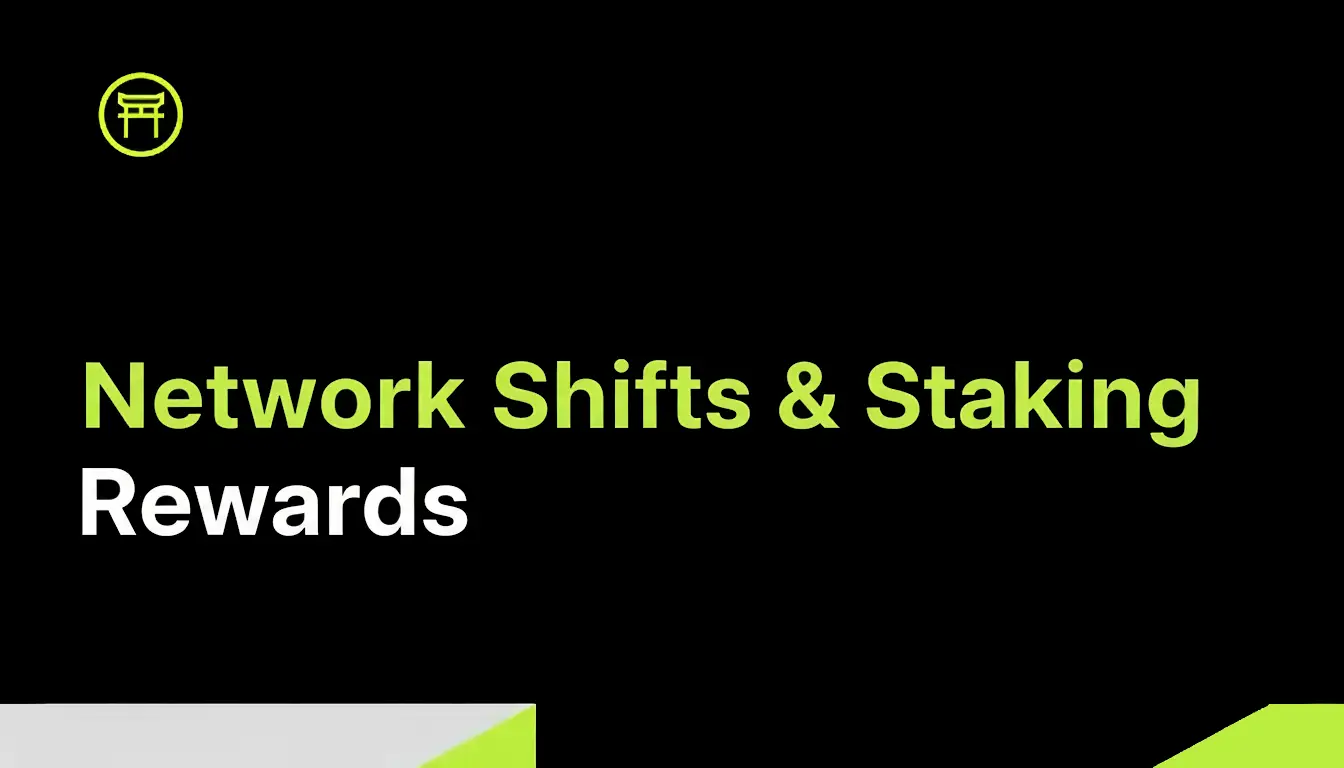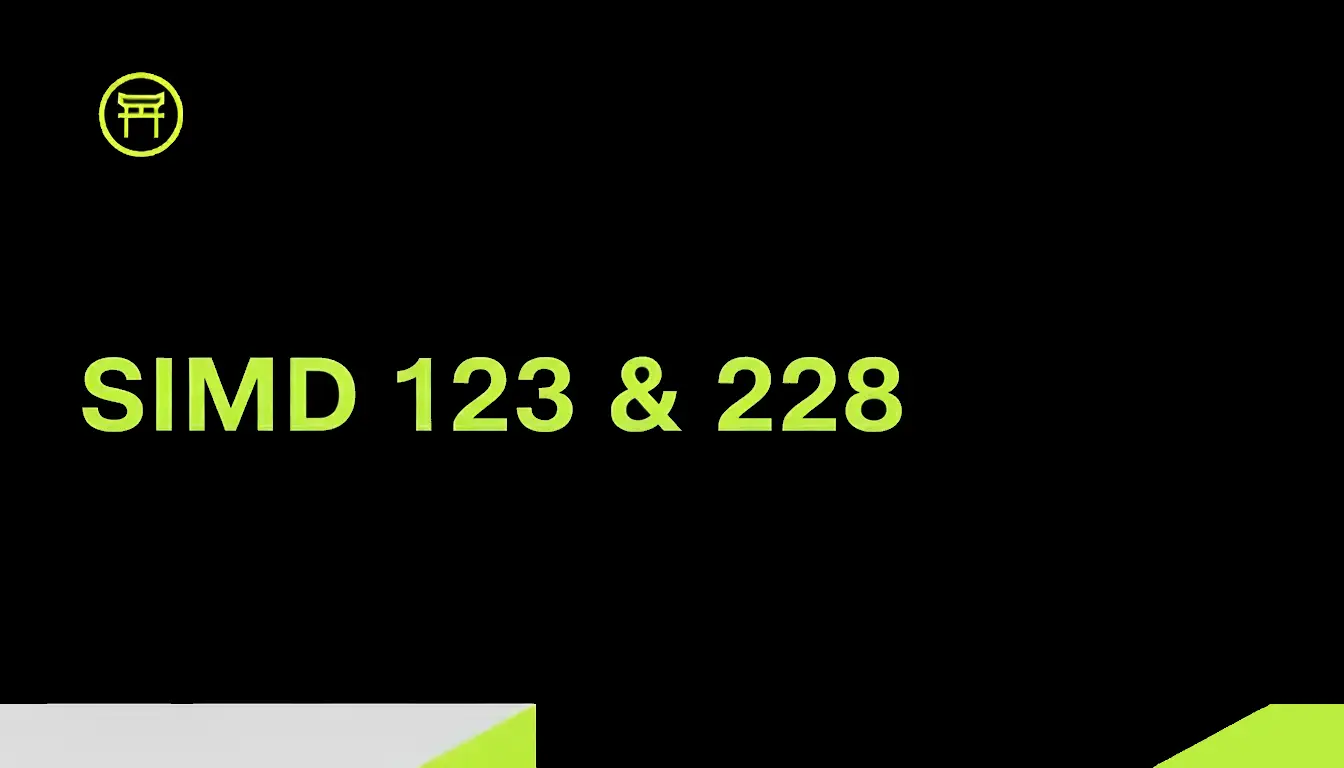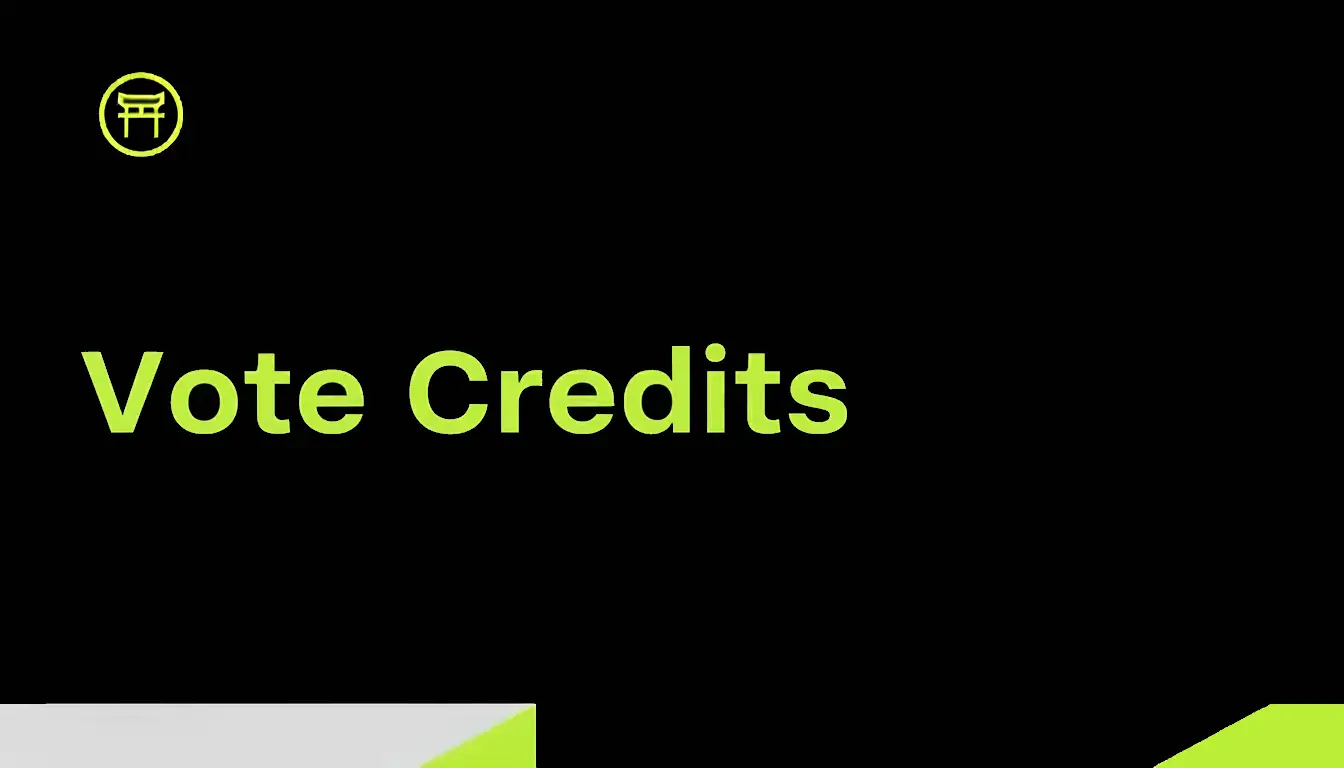Introduction to Solana Validators
Solana has quickly become a leading blockchain platform, thanks to its high speed, scalability, and low transaction costs. At the heart of Solana’s functionality are validators—key players ensuring the security, integrity, and efficiency of the network. Whether you’re a blockchain enthusiast, a staker, or someone exploring Solana’s ecosystem, understanding validators is critical. This guide delves into what Solana validators are, how they operate, and why they’re essential to the network. Let’s break it down.
What Are Solana Validators?
In simple terms, validators are nodes within the Solana network responsible for verifying transactions and maintaining the blockchain. These validators ensure that: • Transactions are legitimate.
• Blocks are added to the chain correctly.
• The network remains decentralized and secure.
Unlike Bitcoin or Ethereum (pre-merge), Solana operates on a Proof of Stake (PoS) consensus mechanism. Validators are at the core of this system, leveraging staked SOL tokens to participate in block production and earn rewards.
How Validators Work on Solana
Solana’s unique consensus mechanism, Proof of History (PoH) combined with PoS, ensures ultra-fast transaction processing. Here’s how validators fit into the process:
1. Transaction Validation
Validators receive transaction data from the network. They:
• Verify the authenticity of the transaction.
• Ensure it aligns with Solana’s rules.
2. Block Production
Validators create new blocks by organising verified transactions. Solana’s PoH acts as a cryptographic clock, enabling the network to process transactions in parallel, drastically reducing latency.
3. Consensus Participation
Validators work with other nodes to reach a consensus. The leader schedule—a unique feature in Solana—determines which validator leads the next block production, rotating frequently to maintain fairness and decentralisation.
4. Earning Rewards
Validators earn rewards based on their performance and the amount of SOL staked. However, they must also maintain their infrastructure and performance metrics to stay competitive.
Why Are Validators Essential?
Validators play a pivotal role in Solana’s ecosystem. Here’s why:
• Network Security: By validating transactions, they protect the network against fraud and double-spending.
• Decentralisation: Validators ensure that power is distributed across the network, reducing centralisation risks.
• Economic Incentives: Stakers delegate their SOL to validators, earning staking rewards and contributing to the network’s health.
Becoming a Solana Validator
Becoming a validator is not for the faint-hearted. It requires technical expertise, financial investment, and ongoing commitment. Here’s a quick breakdown of what it takes:
1. Hardware Requirements
To handle Solana’s high throughput, validators need robust hardware, including:
• CPU: 12 cores or more.
• RAM: At least 128 GB.
• Storage: NVMe SSDs with 1 TB or more.
• Bandwidth: A high-speed internet connection with at least 1 Gbps.
2. Initial Stake
Validators need to secure a certain amount of SOL to start. This ensures they have “skin in the game” and are incentivised to act honestly.
3. Operational Costs
Running a validator incurs costs, such as:
• Hardware maintenance.
• Electricity.
• Bandwidth.
4. Maintaining Performance
Validators must meet stringent uptime and performance criteria to avoid penalties. Poor performance can result in reduced rewards or even slashing.
Staking with Validators
If you don’t want to run a validator, staking is a simpler way to support the network. By delegating your SOL to a trusted validator, you:
• Help secure the network.
• Earn a share of the validator’s rewards. When choosing a validator, look for transparency, reliability, and low commission rates. Platforms like Stakewiz and dashboards like Cogent Crypto’s Validator Profit Calculator can help you evaluate validator performance.
Validator Rewards and Economics
Validators earn rewards through a mix of:
• Inflation Rewards: Generated through the protocol.
• Transaction Fees: Paid by users for network transactions.
However, validators also bear significant expenses, making profitability a balancing act. Tools like the Validator Profit Calculator provide insights into potential returns after accounting for costs.
Challenges for Validators
Running a Solana validator comes with challenges:
• High Competition: With over 2,000 validators, standing out requires excellent performance.
• Technical Maintenance: Validators must keep up with network upgrades and fix issues promptly.
• Economic Viability: Balancing rewards and operational costs is crucial.
Stronghold SOL: A Trusted Validator
If you’re looking for a reliable validator, Stronghold SOL stands out for its commitment to transparency, performance, and community engagement. With real-time stats available on platforms like Stakewiz and the Solana Community Validator Dashboard, Stronghold SOL offers unmatched reliability in the ecosystem.
• Transparency: Metrics are publicly available, ensuring stakers can make informed decisions.
• Community Focus: Stronghold SOL prioritises staker rewards while maintaining top-notch performance.
• Cutting-Edge Infrastructure: Leveraging the latest hardware and software to stay ahead.
The Future of Solana Validators
As Solana continues to scale, validators will remain integral to its growth. Innovations like MEV (Maximal Extractable Value) and enhanced staking tools are set to reshape the validator landscape, offering new opportunities and challenges.
Conclusion
Solana validators are the backbone of a thriving blockchain ecosystem. Whether you’re staking your SOL or considering becoming a validator, understanding how they work is crucial. By supporting validators like Stronghold SOL, you contribute to the decentralisation and security of one of the most innovative blockchains. For more insights and updates, follow Stronghold SOL on social media and explore our blog at Strongholdsol.com.


